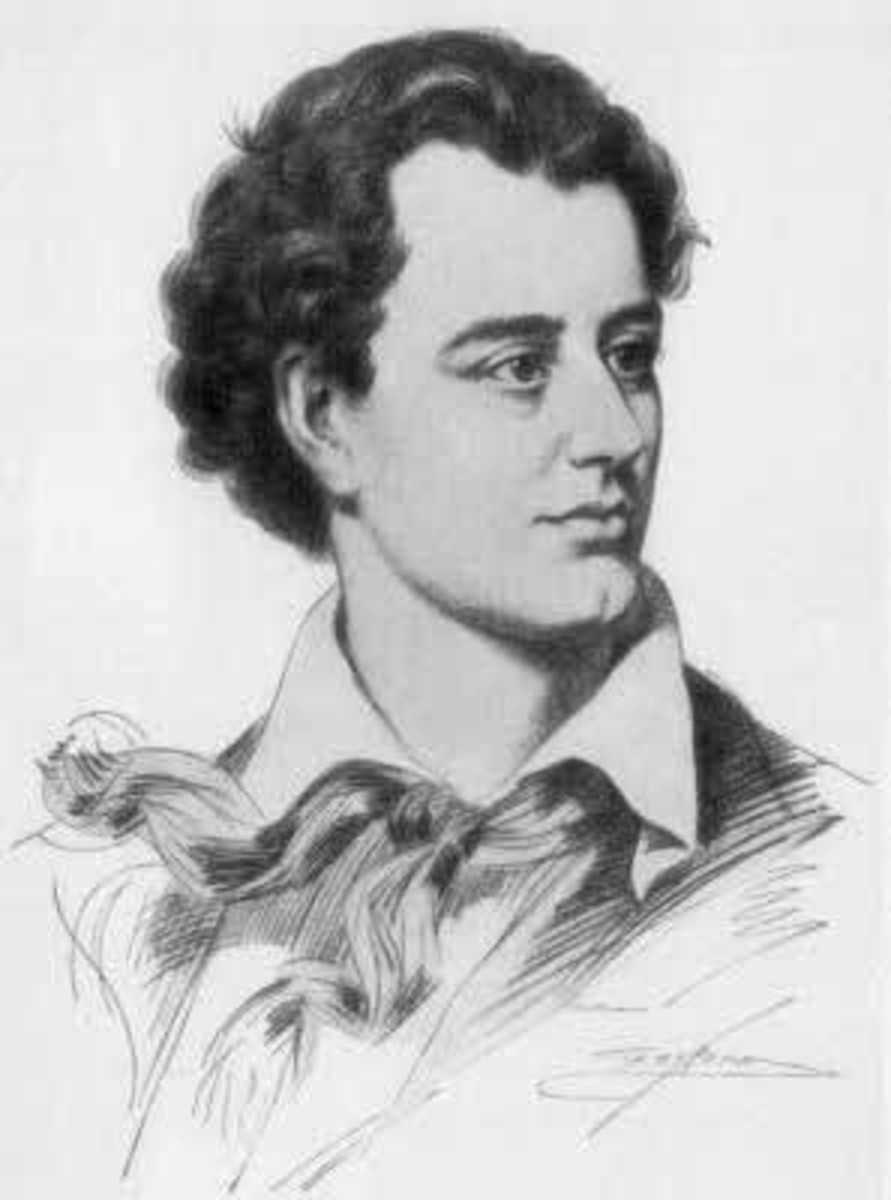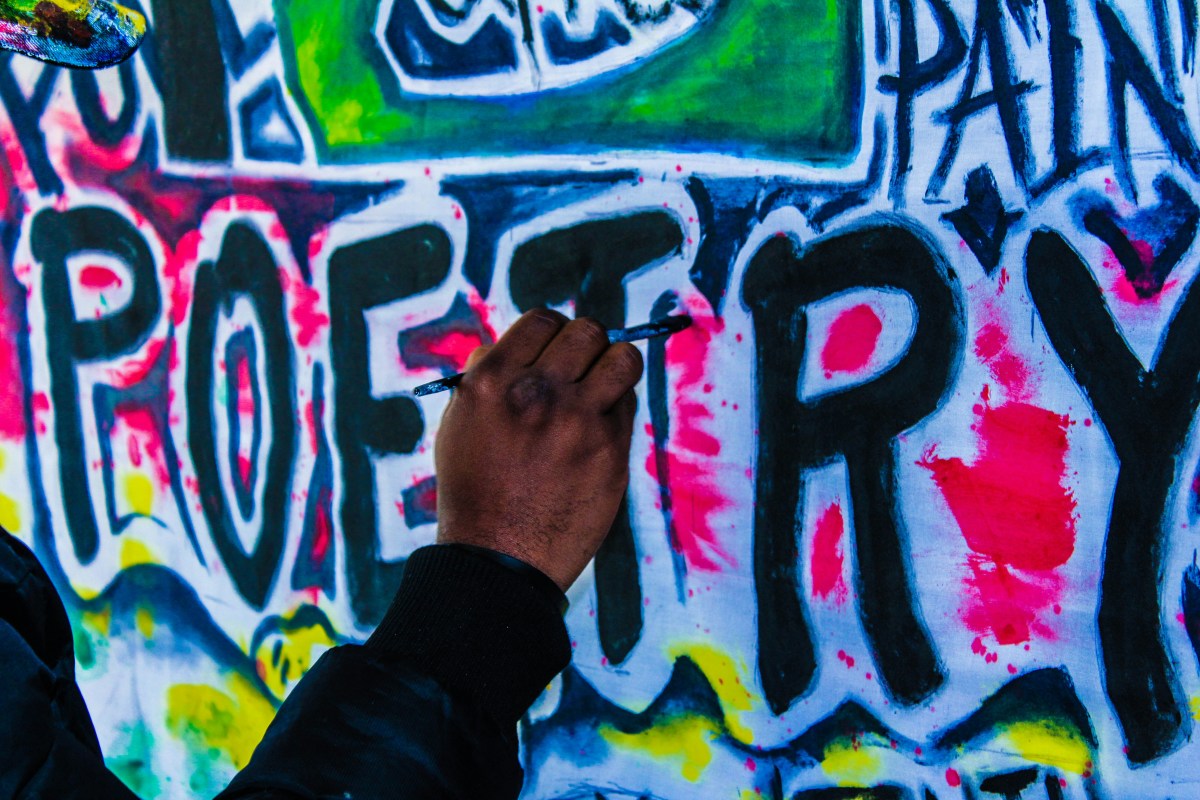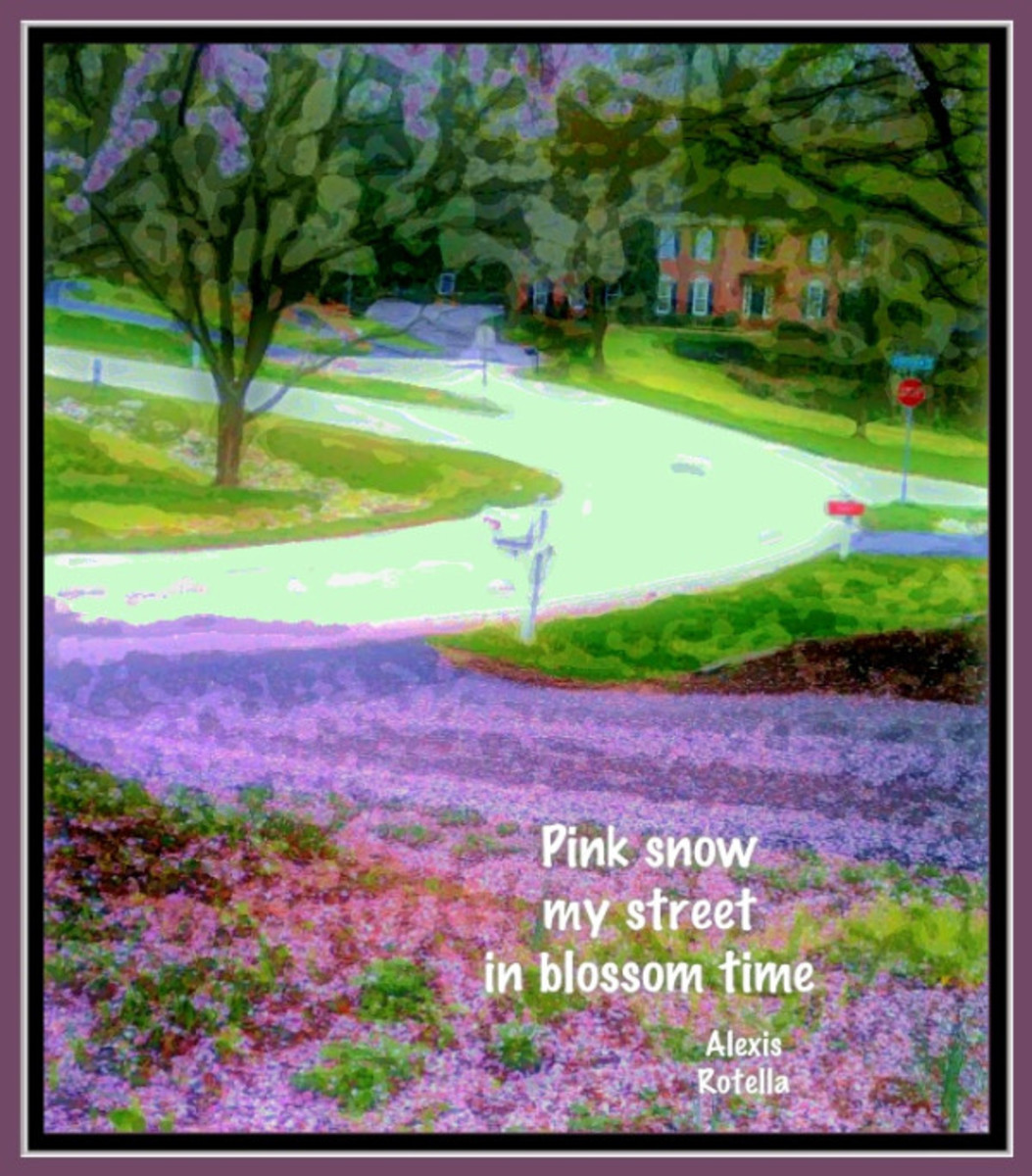10 Top Tips to Write Great Poetry

Niaz considers himself to be good with words. He loves writing poetry. He writes loads of poems on a daily basis. He's filled up plenty of notebooks with all sorts of poems. He's published many of his poems online.Some of them have had a decent readership, but they are the exceptions rather than the norm.
He wonders if he is missing something. He thinks about what he has to change in his writing habits in order to be a better, more popular poet.
Niaz can definitely be a much better poet. He can definitely enjoy a better readership and more engagement on his poems, and so can you!
Poll
Do you write poems?
Keep the points that follow in mind, and you will be on the path of success as a poet.
1. Write Based On Experience
Experience is the best teacher. It is also the best storyteller. When you write poetry based on your own experiences, it comes across as more authentic.
Authenticity is a very valuable attribute as a writer. Regardless of the form of your writing, your reader will know when you are being authentic.
Authenticity is a very valuable attribute as a writer.
2. Convey a Message You Endorse
If you want to come across as a genuine person in your poems, put your weight behind messages you endorse. This makes your voice stronger and more convincing.
Poetry is a lot more about expressing emotions than any other form of writing. Make sure to take full advantage of this fact.
3. Write About Common Human Experiences
While poetry is far more tolerant of abstraction than prose, your message should still ideally be something that people can identify with. Writing of unicorns and fantasies is all fine, but a poem about the common conditions afflicting humans is likely to be more impactful.

4. Keep it Simple
Some people subconsciously believe that poetry, in order to be any good, must be filled with words that require one to fetch a dictionary every stanza! Don't be such a person. Gone are the days when poems were used to showcase a person's command of the Queen's language.
The depth of your poem's meaning should stem from the concept it deals with and the contexts it creates, not from the difficulty of the words used in it. Using difficult words in a poem on purpose actually makes the writer seem insecure.
Gone are the days when poems were used to showcase a person's command of the Queen's language.
5. Don't Focus On Form
The best poems are those that are written with total abandon. Don't hold back when writing a poem, and don't be unduly concerned with matters of form.
If someone seems too caught up with the structure of a poem, you can be sure that they are missing the essence of the experience of poetry. Poetry is a means to unburden one's heart and share an experience deep within the heart with another.

6. Don''t Blindly Copy Someone's Style
What worked for someone else need not work for you. Poems, like people, each have a character of their own.
Each poet has a character of his own that must be brought to the fore in his writing. There is no point in aping the style of someone else. It's not even like poems pay all that very much these days!
Be yourself!
There is no point in aping the style of someone else. It's not even like poems pay all that very much these days!
7. Suspend Logic
Logic is for non-poets! Good poetry takes people on a journey away from the mundane and the heavily trodden paths of everyday life. It is a process of exploration. If you must take your readers on a trip they will never forget, you must go with them!

8. Do it On the Spur of the Moment
Write a poem when you are hot with emotion. Write it when an emotion has gotten the better of you. Let the words flow! Let them break down the walls of civility and everything it means to be proper. Don't hit the publish button yet thought.
9. Edit Your Poem When Sober
In a moment of sobriety, edit what you wrote when you were bursting with emotion. Now go ahead and publish your poem!
Emotion, welling within the self, is the friend of the writer and of the poet. Sobriety is the editor's best friend.
Sobriety is the editor's best friend.
10. Day-Dream and Ideate
Day-dreaming is generally frowned upon, but you are not just anybody. You are a poet. Your dreams fill you with energy and provide you with poetic ideas. Never hesitate to day-dream. Never hesitate to sit down with yourself and kill time waiting for a good thought to come and knock down your door!

This article is far from exhaustive. If you have tips of your own on how to write great poems, share them in the comments section.
© 2017 Rohan Rinaldo Felix








